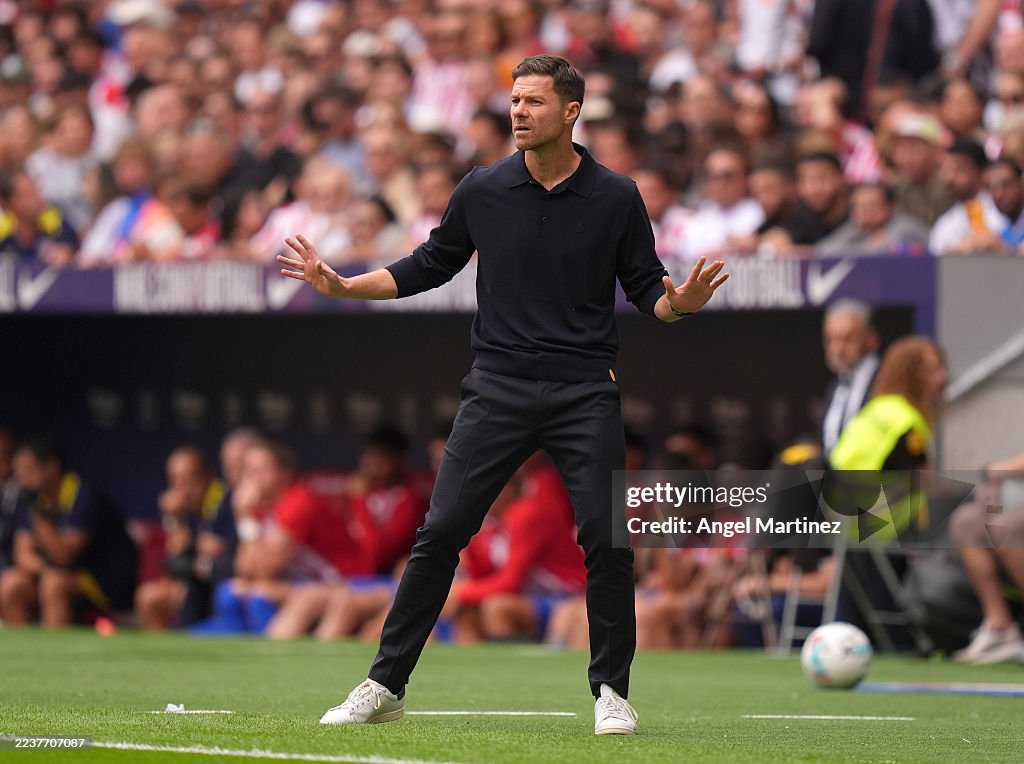Ruben Amorim does not yet have to fear being sacked at Manchester United. The British media are increasing the pressure after the 3-1 defeat at Brentford, but according to the BBC, the club’s management still backs the Portuguese manager.
Behind the scenes, Gareth Southgate has already been whispered as a potential successor to Ruben Amorim at Manchester United.
However, the BBC insists such talk is far too premature at this stage. According to the broadcaster, key figures inside the club are keen to keep faith with Amorim despite growing external criticism. Majority shareholder Sir Jim Ratcliffe, who has already made his influence felt in various structural decisions since INEOS took partial control, reportedly remains committed to giving Amorim the necessary time. Ratcliffe believes it is only fair to judge the Portuguese manager across the span of an entire season rather than rushing into knee-jerk reactions after a handful of poor results. While rumors have circulated suggesting that shortlists of alternative candidates have already been drawn up, United officials have publicly and privately rejected the claims, maintaining that no moves are being made to replace Amorim at present.
Despite that official stance, the mood in the British press has shifted dramatically following the damaging 3-1 defeat at Brentford. The loss left Manchester United languishing in 14th place in the Premier League table, an unfamiliar and deeply uncomfortable position for a club of its stature. The Guardian delivered a scathing verdict, writing that “at any normal club, Ruben Amorim would lose his job, but not at United.” The paper criticized what it described as yet another example of “empty and lifeless system football,” pointing to the lack of identity, structure, and conviction in the team’s approach.
The Telegraph echoed that sentiment, going further by openly questioning Amorim’s future. “It’s time for Man Utd to consider sacking the ‘defeated’ Ruben Amorim,” the newspaper declared. “If this is not yet the end for Ruben Amorim, then you have to wonder how much worse it has to get for the Manchester United manager before his club decides: enough…” Such blunt assessments underline how fragile Amorim’s situation has become in the public eye, even if the hierarchy remains publicly supportive.
The Athletic added further weight to the growing unease, highlighting the alarming nature of United’s recent results. The club has managed only two points from its last eight away fixtures, a run that would be unacceptable for any mid-table team, let alone one of the global giants of the sport. “United’s performances have improved this season,” the outlet noted cautiously. “But to be painfully honest, they now look like a lower mid-table side rather than a team among the bottom six. The number of truly convincing performances in the Amorim era remains alarmingly low.” This comment reflects a broader fear that, even when United play reasonably well, the results fail to inspire belief in a long-term turnaround.
Observers have been quick to draw parallels with Erik ten Hag’s early struggles at Old Trafford. A year ago, the Dutchman also spoke of a “fresh start” and the need for patience as he sought to impose his ideas. There were moments that hinted at progress, but equally, there were matches that made it appear as though the project was doomed from the outset. Intriguingly, after six games, Amorim’s record is identical to Ten Hag’s at the same stage: two wins, one draw, and three defeats. That symmetry has not gone unnoticed, and critics question whether history is on the verge of repeating itself.
The situation also takes on new meaning when placed alongside Graham Potter’s experience. Recently dismissed at West Ham United, Potter was cut loose despite a record that was only marginally worse than Amorim’s. The Athletic was keen to emphasize this point, asking how low Manchester United’s expectations have truly sunk if such results are now deemed acceptable. “Potter’s record was only marginally worse than Amorim’s,” the outlet reminded readers. “And that was at West Ham—you have to wonder how low expectations at United have sunk these days.” The comparison offers a sobering reminder that, historically, Manchester United operated under far higher standards.
For now, insiders insist there is no appetite for yet another managerial change. The club has endured a turbulent cycle of appointments and dismissals since Sir Alex Ferguson’s retirement in 2013, and Ratcliffe’s vision emphasizes stability and long-term planning. Yet questions remain. How long can a team of United’s resources and ambitions continue winning just one Premier League game per month? How long will the fans tolerate uninspired football that yields so little return on the pitch? And, crucially, how long can Amorim rely on the patience of the board if performances continue to slide?
The pressure is mounting, and while Amorim retains backing for now, the unforgiving glare of the Premier League ensures that the conversation around his future will not fade anytime soon. Each result, each performance, will be scrutinized through the lens of whether he is truly the man to restore Manchester United to its former heights—or whether the search for yet another new manager is inevitable.







